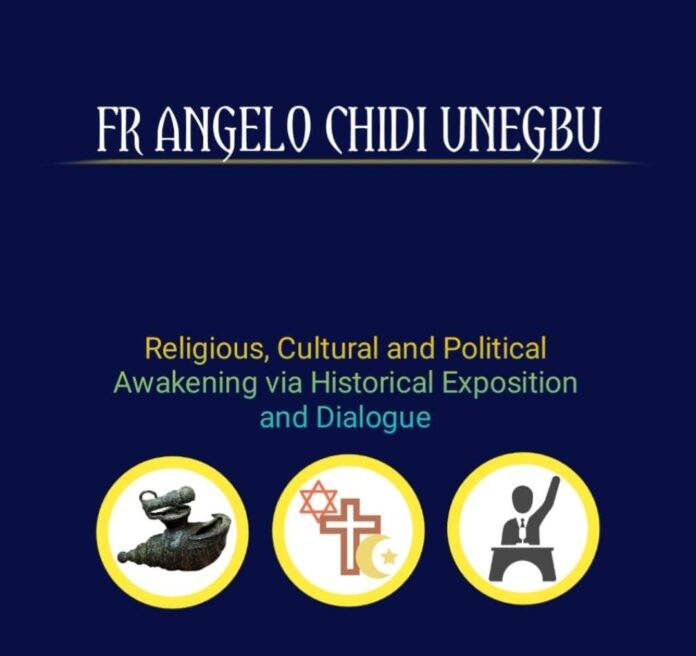The Christian demand to love others more than you love yourself, to love your enemy and pray for those who are after your life, to forgive those who have knowingly and willfully offended you, to turn the other cheek when you are slapped, to willfully accept poverty in order to serve God, to deny yourself the joys of this world in order to inherit the kingdom of God, etc. made the Christian life a difficult and narrow road that was taken by only a few.
Thus, many who initially followed Jesus because of material needs had to abandon him when they realized what it meant to follow him.
This was the gospel his apostles and disciples took to their mission lands. Many of the early Christians, like St. Anthony of Padua, literally sold everything they had and gave it to the poor. They lived a life of solitude and contemplation.
This was the Christianity that was preached in our churches in Africa during the 19th-century mission.
This Christian principle, coupled with the mode of liturgical worship that was mainly contemplative, meditative, and solemn, was found boring and unattractive by the African indigenous church founders.
In Nigeria, two such founders or movements could be noted. The first was Garrick Sokari Braide of Kalabari, whom many historians have identified as the father of Pentecostalism in Nigeria.
Braide began a ministry, whose members formed the Christ Army Church after his death in 1918.
The second movement began same year. It was called the Aladura movement which began in Yoruba land.
Both movements, that of Braide and the Aladura, decamped from the Anglican Church.
These two movements, together with the influences of the Azusa Street Revival USA, gave rise to the present Nigerian Pentecostalism, or what one could call the Nigerian or African version of Christianity.
This is a version of Christianity that finds the Christianity that was brought to Nigeria boring and unattractive.
This is a Christianity that emphasizes prosperity, material salvation, miracles over the cross, contemplation, meditation, and the salvation of the soul.
This was the Christianity that appealed to the religious sentiments of many African Christians.
To develop this version of Christianity, biblical quotations that promote prosperity and miracles were skillfully employed against the principles and traditions that have guided the church since its inception.
I am not against developing a version of Christianity that could appeal to the religious sentiments of our people. I only have problems with a Christianity that promotes deception. Look at how Christianity has been made a laughing stock in Africa.
This version of Christianity we have right now has made our people naive, lazy, ignorant, and confused. Something has to be done urgently if Christianity will see the next 40 years in Africa, especially in Nigeria.
–Fr Angelo Chidi Unegbu









